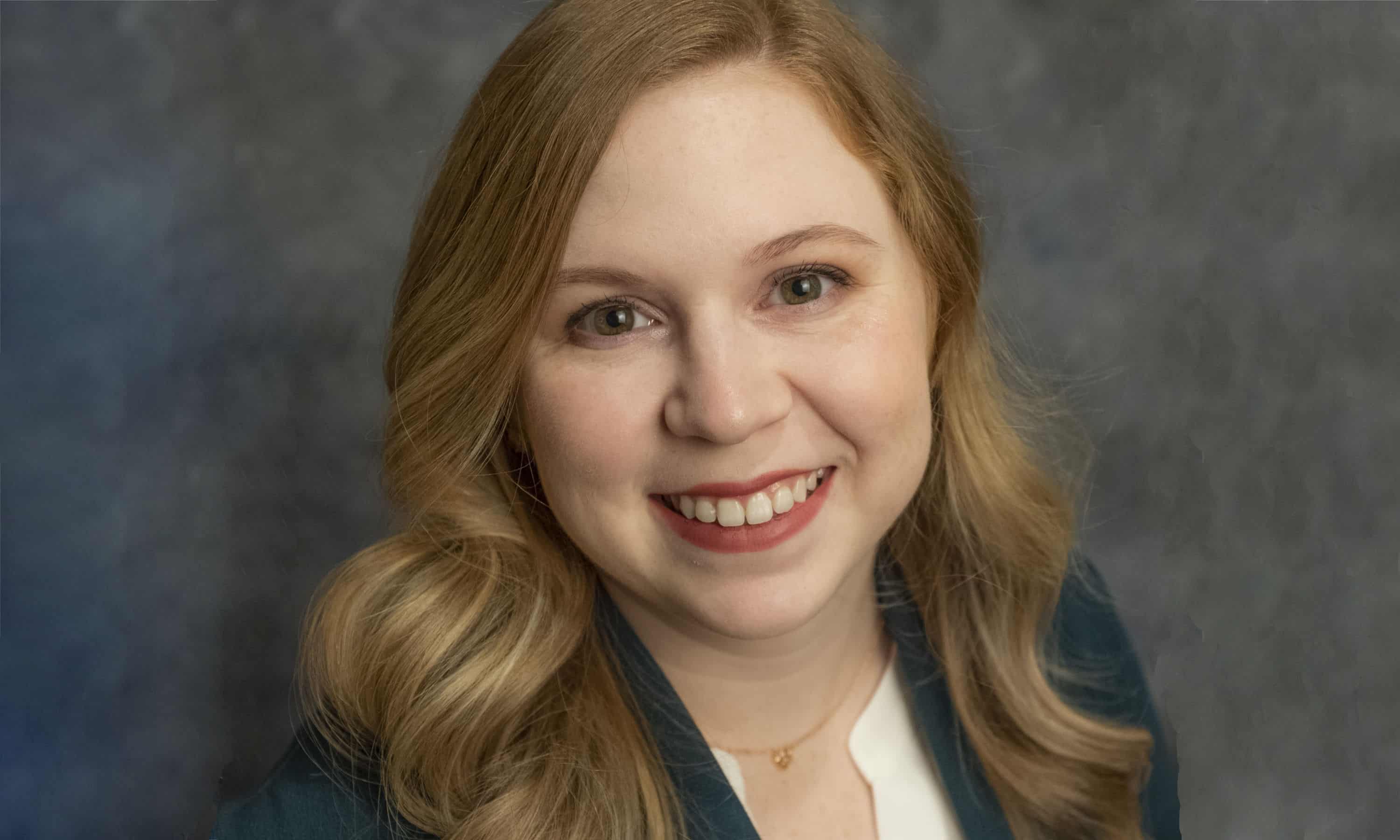As I get older and the more I work in finance, I find that many younger clients around my age are in the dark on many practices and basics of money management, such as investing, creating a budget that works specifically for them, and saving money. This all boils down to a concern about the education we may or may not have received about financial literacy in our school days. This also brings up the concern for the generations that will follow us and the advice they are receiving around this subject.
Without this knowledge of how money works in the real world and how it should be managed can set a lot of people up for failure. There are plenty of programs available to purchase that will teach you different ways to pay off your debts and manage your money. However, those programs can be expensive and are often sought after when it is too late. Currently in the United States, only 17 states require financial literacy courses in their curriculums. While Oklahoma happens to be one the states that requires this course, depending on who may teach the course and what their background in finance may be, the information may not be conveyed in a manner that is thorough and engaging.
These are the kinds of courses that need to be taught by someone with experience in economics and finance with a curriculum that is designed to allow students to make their own choices based on real life situations. They need to be able to get a glimpse of what real money management and decisions are like, so that they can learn from the lessons and apply it later in life. For example, my senior year of high school, my school offered its first ever “Financial Literacy” course. The course was 16 weeks long, was considered an elective and was not required, and was taught by the World History teacher. He did not have any kind of professional financial background and the most I learned in that class was how to write a check and that 10% of what we make is ours to keep. We did not learn about the importance of saving money, we did not learn about the stock market or how to invest, we did not learn about retirement, and the list goes on. The thing is, I already knew how to write a check because that was still a fairly common practice at the time. Also, telling a room full of teenagers that 10% of what we make is ours to keep without any kind of real context or any kind of knowledge about building a budget that works for us is dangerous word play, especially in today’s economic state.
I cannot speak for every student in that class or in the classes that followed, but I can tell you that I definitely gained a confidence in that class and just knew that I had it all figured out. Well, I did not, and it is something that I have struggled with for all of my adult life. Who is to say that if I had a better, more qualified, teacher or if I had learned lessons that would really benefit me in the real world that my situation would have turned out differently? This is something we will never know, but it doesn’t negate the fact that these lessons are a cornerstone and should be handled as such. These are the types of lessons that should not come at a cost to anyone, especially at a point in life when the cost could break you. These lessons should also not be solely placed on the parents to teach. In a lot of cases the parents are also not professionals and while they might have some great advice, they may not be able to paint the bigger picture outside of their own personal experience.
Of course, the wise thing to do for those in my generation that did not receive the ideal financial education, is to seek the advice of a CERTIFIED FINANCIAL PLANNER™ who is also a fiduciary. A lot of times, these professionals will offer complimentary consultations to help you get on the right page to managing your money in a way that is designed for you and your specific needs. This can be far more beneficial that buying into a cookie cutter, for-profit program that may or may not work in the end.



